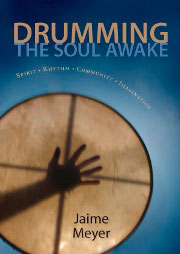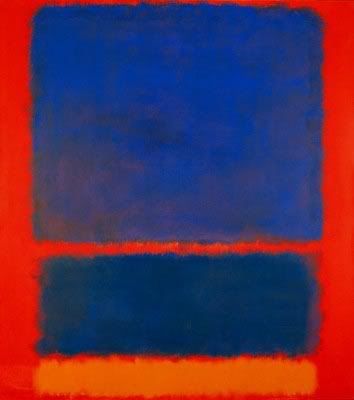 Thursday, January 22, 2009 at 10:19AM
Thursday, January 22, 2009 at 10:19AM  Image: abnormalarts.com
Image: abnormalarts.com
Dear Drummers,
I’ve been trying to write an eloquent, deeply thoughtful letter to you about the power of grieving, and the need for formalized ceremonies to channel grief through us so we can rebalance ourselves, for to be human is to build up grief about decisions we have made that later we realize have caused harm. I was going to tie my thinking to Obama’s inauguration speech where he said we need to pick ourselves up and dust ourselves off. Americans hear in those words “good ‘ole American pluck” but I hear "and we need a ceremony to go with that."
I was going to say something about how our usual religious rituals to channel grieving through us – confession, the Eucharist, and asking Father God to forgive us our sins –these do not really work for me. Neither do the most common ritual activities to dispel grief: television and shopping. I was going to write about how Americans have become accustomed to living in some kind of a bubble , in fact, they demand a bubble and respond well to politicians who promise more bubbles, yet Obama seems to be saying that it’s time for us to exit the bubble life and live in the world. That’s easier said than done and we shall see if it is possible.
Well I was going to try to tie all of that together concisely but it’s been a week of distractions and suddenly it's Thursday and the drum is tomorrow I made a terrible mistake this morning by making up this little song for my two boys at breakfast:
“There once was a boy who lost his pants
He sat on hill populated by ants
Ow- ow- oooooooh! Ow Ow ooooooh!”
(And then you have to shake wildly)
And now they are running around the house singing it and guffawing and there is no way I can craft a thoughtful letter to you in the few moments I have to do it. But as I think about it, that song is a pretty good description of grieving and the ceremony of dispelling grief. Well, the Spirit works through us in unexpected ways, I suppose.
Tomorrow I intend to tell you a very good midwinter story about grief over choices that have harmed us. Some of you may have heard it before and that’s good, because stories get more powerful the more times you hear them. Then we’ll enter into a ceremony intended to move grieving through us. But of course we will begin with warm, delicious, groovelicious rhythm-making!
See you soon!
Jaime





